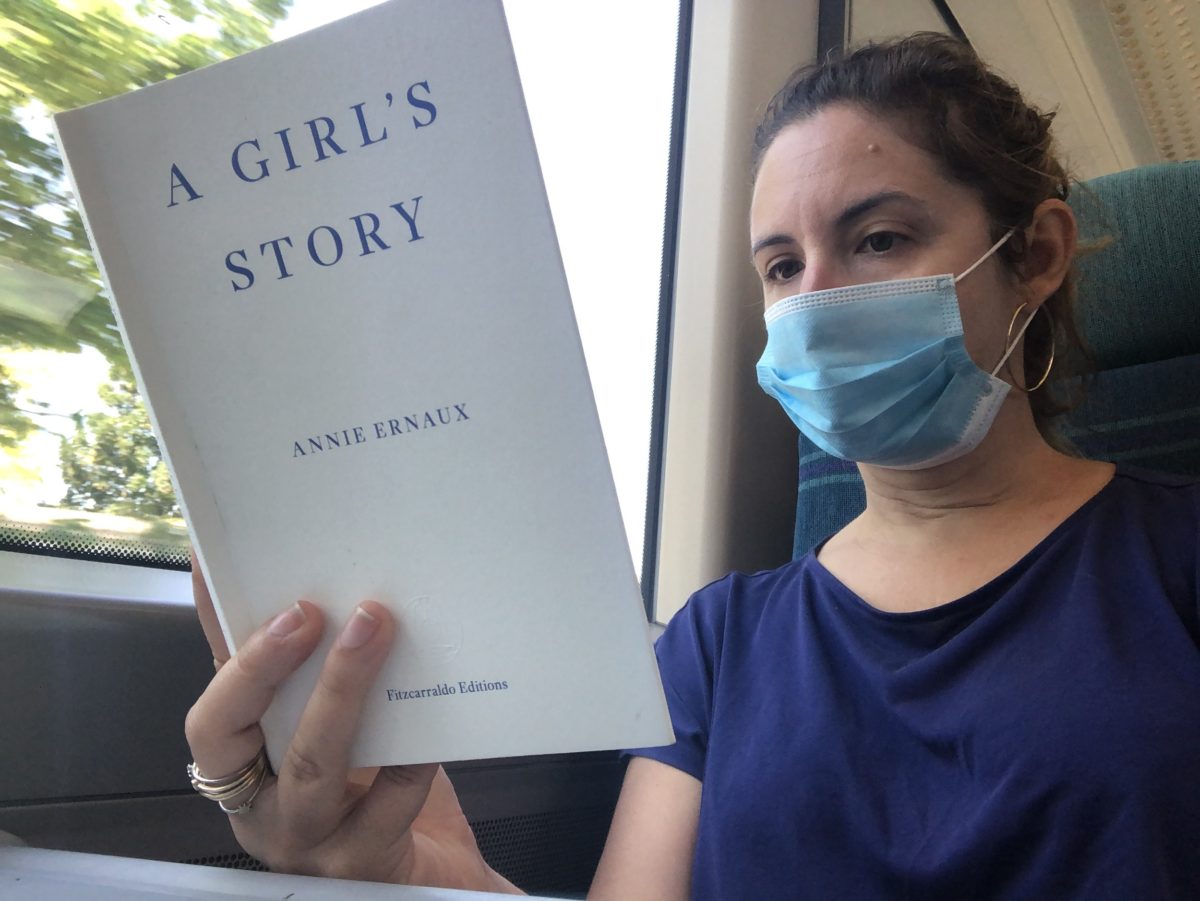Here is a memoir about a summer of sex and fun. It drips with shame. I’m not sure why. I guess in 1958, things were different for girls. She’s French, she’s seventeen, a counsellor at a summer camp, and gets into it with a bunch of the boys. If someone got that much action today it’d be all over her Instagram. But that’s not how she takes it:
I am endowed by shame’s vast memory, more detailed and implacable than any other, a gift unique to shame.
There is one boy she is particularly in to, and when she finally gets with him (after a fondue party (!)):
There is no sense of degradation, no room for anything but raw desire, chemically pure, as frenzied as the drive to rape, this desire for H to possess her, take her virginity.
It’s like: sweetheart. Why you on about degradation? It’s fine. You are allowed to want to have sex. The whole thing is however swift and painful. I’m too big, he helpfully tells her. Also, he comforts her with the information that “often women do not climax until after giving birth”
She is so bothered by what she did over this summer, and the ensuing rejection by this prince of a guy, that she develops bulimia and stops menstruating. Then, she reads Simone de Beauvoir’s THE SECOND SEX. Her life is transformed. She is:
. . .awakened to a world stripped of the appearances it had worn only days before – a world in which everything from the cars on the Boulevard Yser to the necktied students she meets . . signifies the power of men and the alienation of women
It’s hard to imagine what it would be like having to survive your adolescence without even the basic vocabulary of feminism. I found it very touching, because I read earlier de Beauvoir’s MEMOIRS OF A DUTIFUL DAUGHTER, where you learn how very hard she fought herself to own her ideas, and it is interesting to see what a gift they were to others. Still, says Ernaux, understanding your shame does not make it go away. She is thus impelled to write this account of that eventful summer. She writes to understand it:
It is the absence of meaning in what one lives, at the moment one lives it, which multiplies the possibilities of writing
This is I think an interesting observation, but overall there was a good deal too much of this. Ernaux is now an older lady, and spends too much of this memoir reflecting on what writing means in general, and describing in detail how she looked these boys up on this ‘Internet’ she insists on capitalizing. Like no one ever stalked an ex- before.
However it was interesting to see how she came to feel so ashamed, and how she hauled herself at least half way out of it.

